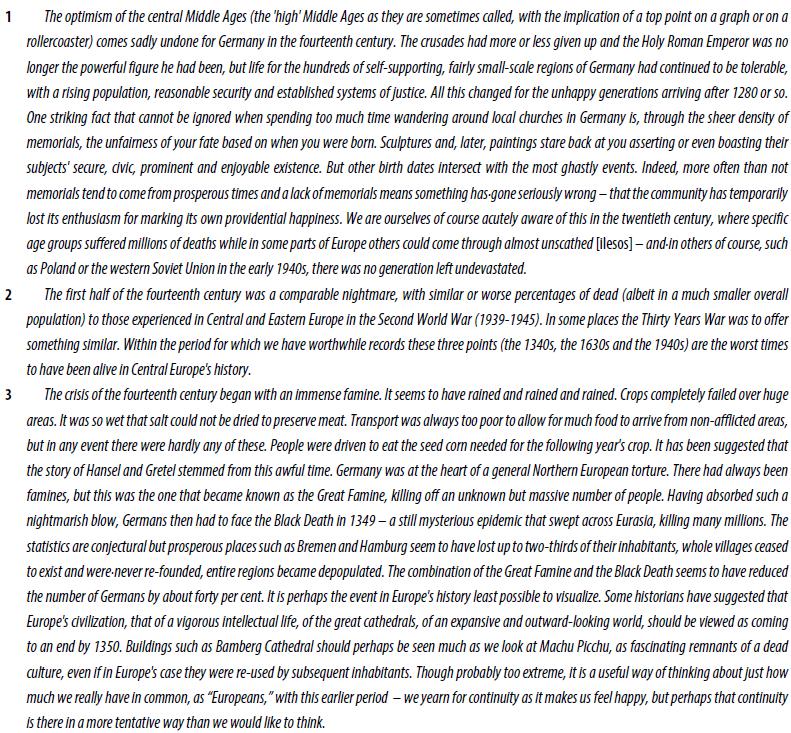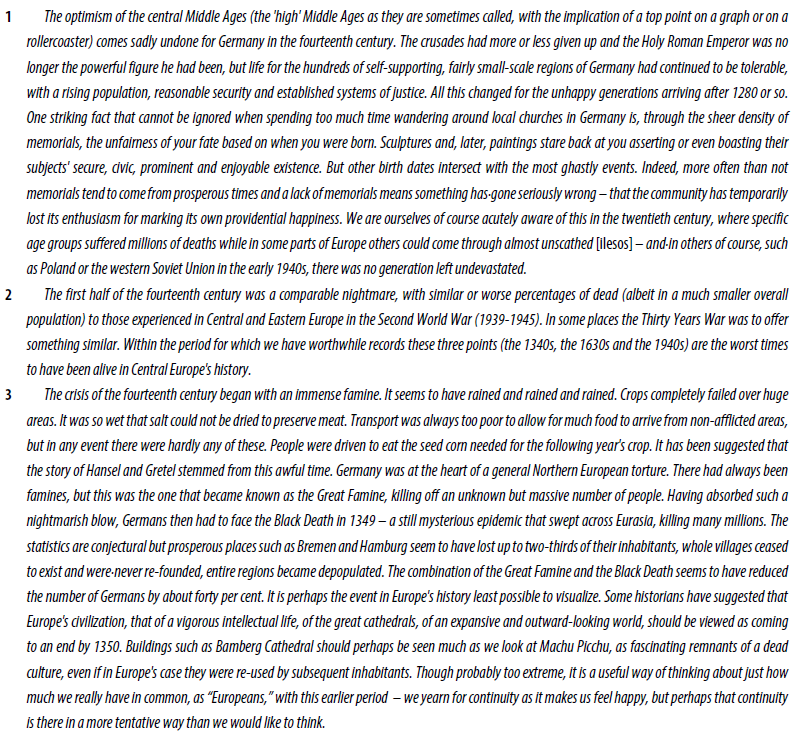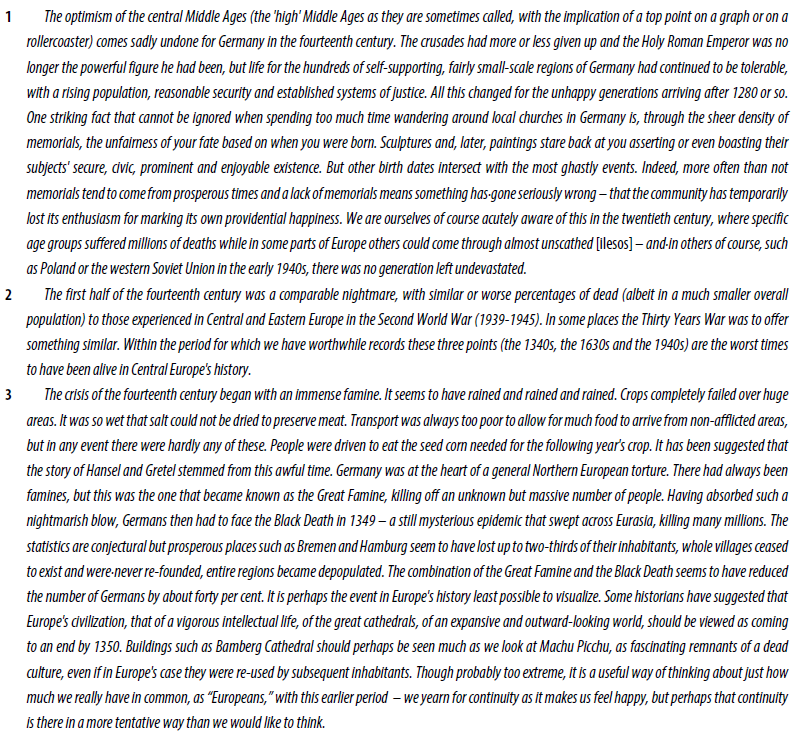Leia o texto e responda à questão.
Lawyers could be the next profession to be replaced by computers
Technology is often blamed for destroying traditional working-class jobs in sectors like manufacturing and retail. But blue collar jobs aren't the only ones at risk on an imminent future: white collar jobs are going to be affected by technology as well.
The legal profession is on the cusp of a transformation in which artificial-intelligence (AI) platforms might dramatically affect how legal work gets done. Those platforms will mine documents for evidence that will be useful in litigation, to review and create contracts, raise red flags within companies to identify potential fraud and other misconduct or do legal research and perform due diligence before corporate acquisitions. Those are all tasks that — for the moment at least — are largely the responsibility of flesh-and-blood attorneys.
Increasing automation of the legal industry promises to increase efficiency and save client’s money, but could also cut jobs in the sector as the technology becomes responsible for tasks currently performed by humans.
Advocates of AI, however, argue there could actually be an increase in the sector's labor force as the technology drives costs down and makes legal services more affordable to greater numbers of people. It's like the beginning for a future changing in legal profession with AI-powered platform which can perform almost all mechanical work such as creating a new contract or reviewing it for clients and companies.
What machines do better than people
One question raised by the introduction of AI legal platforms is how well they do their jobs compared to a flesh-and-blood lawyer, who has years of experience under his belt. Supporters of this new technology defend that AI platform can search documents for relevant information to lawsuits and other litigation as well as experienced lawyers. Here are some of AI advantages:
Keywords: human beings are not very good at keyword searches. There's a fallacy that human beings looking at documents is the gold standard which cannot be, because human may miss things.
Database: the explosion in the amount of electronic data generated today makes it hard for human workers to keep up. This so much more data nowadays need these technologies find relevant material for lawyers. Also the AI could not just look at the text of a document or email, it can look at the tone of the conversation, who sent it, to check if the item should be flagged for review in litigation.
Restless: computers don't get tired, they don't get hungry, they don't sleep in and all of the things that are biological problems that can happen to a human being can't happen to computers.
An example of this technology is ROSS - it is a legal research platform based on IBM's cognitive computing system Watson. This technology is being used by a number of law firms, which state that the legal sector has being changing along the years. Firms, particularly larger ones, begin to see the advantage of AI, and their legal future possibly will completely change, with lawyers working from office, home office and other possibilities.
Disponível em: <https://www.cnbc.com/2017/02/17/lawyers-could-be-replaced-by-artificial-intelligence.html>
Acesso em: 08 maio 2018. (Adaptado)









